AARP Hearing Center


We asked American Jews to tell us about their experiences with antisemitism. This is what they told us. Interviews have been edited for length and clarity.
“It’s extremely unnerving.”
Rabbi Benjamin Goldschmidt leads the Altneu, an Orthodox synagogue founded last year in Manhattan.

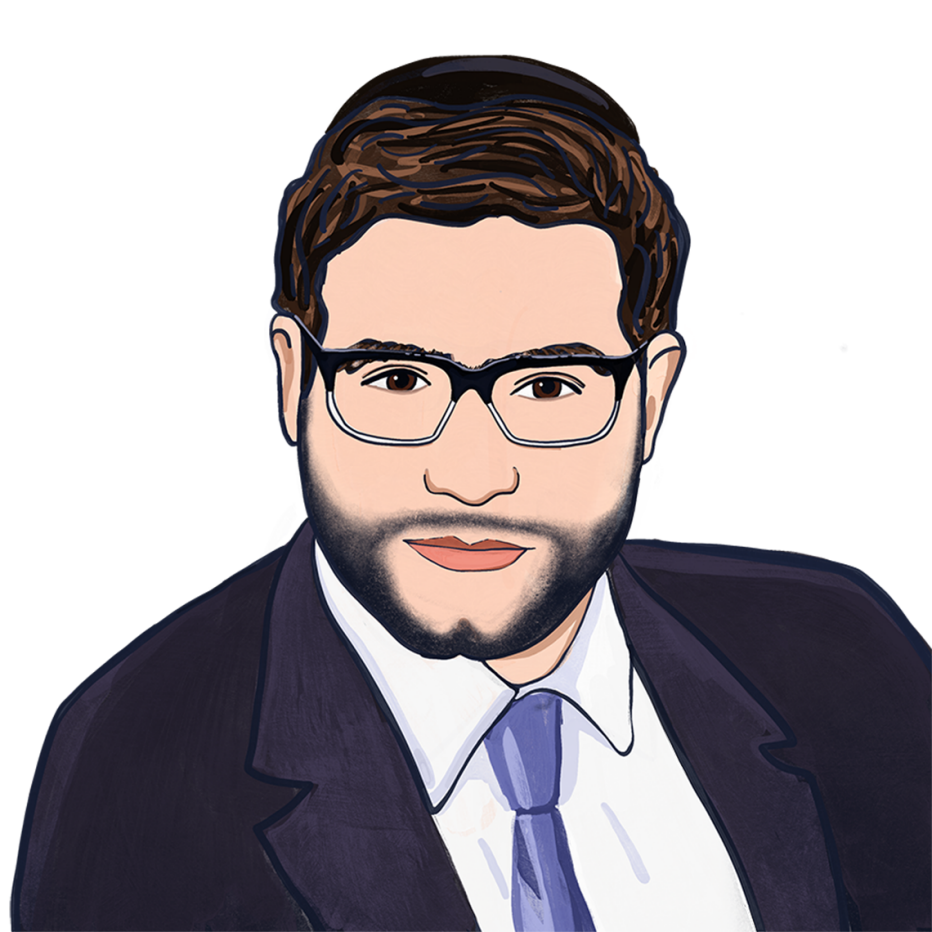
Some of the older members of our synagogue remember when they were more concerned about being mugged than being berated as a Jew. Now it’s the reverse.
If you’ve never experienced antisemitism before, it’s extremely unnerving. I experienced much worse as a child growing up in Moscow. For me, New York is an incredible place for Jews to live. And yet, for the first time since I came here, many American Jews look at America as a place where they won’t be able to stay for long. That’s the greatest shift over the past decade.
Attacks persist: Why Has Antisemitism Gained Momentum Again?
“More people need to be educated about Judaism.”

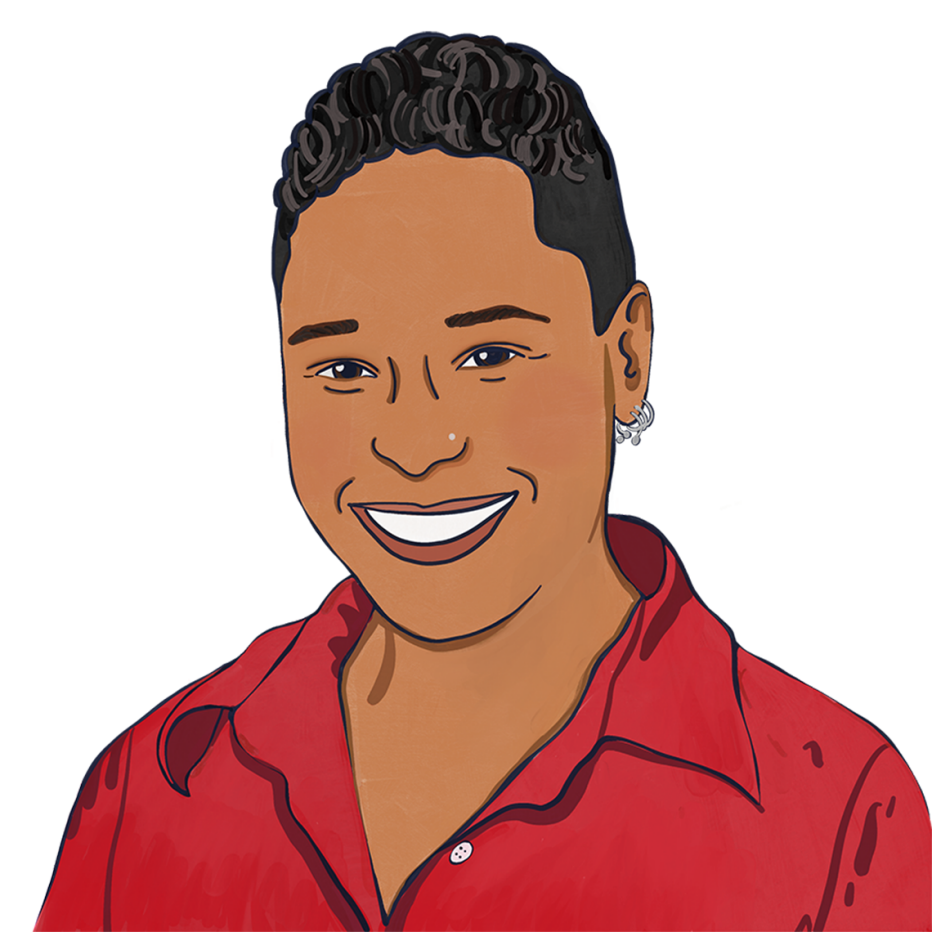
Rabbi Sandra Lawson is director of racial diversity, equity and inclusion at Reconstructing Judaism, the central organization of the Jewish Reconstructionist movement.
For a long time, American Jews believed that staying in our own communities was the safest thing to do. I can see that. The challenge with that today is the internet. Once something is online, you have no control over where it goes.
I sit at the intersection of Blackness and Jewishness. It’s my daily lived experience. I see that people can be racist and antisemitic regardless of their political perspective.
More people need to be educated about Judaism. We should get over the fear that we had about sharing our Jewishness. It’s not helping the community. It’s helping antisemitism to exist.
“It’s not like Jews are the only people to be hurt by the human capacity to hate.”

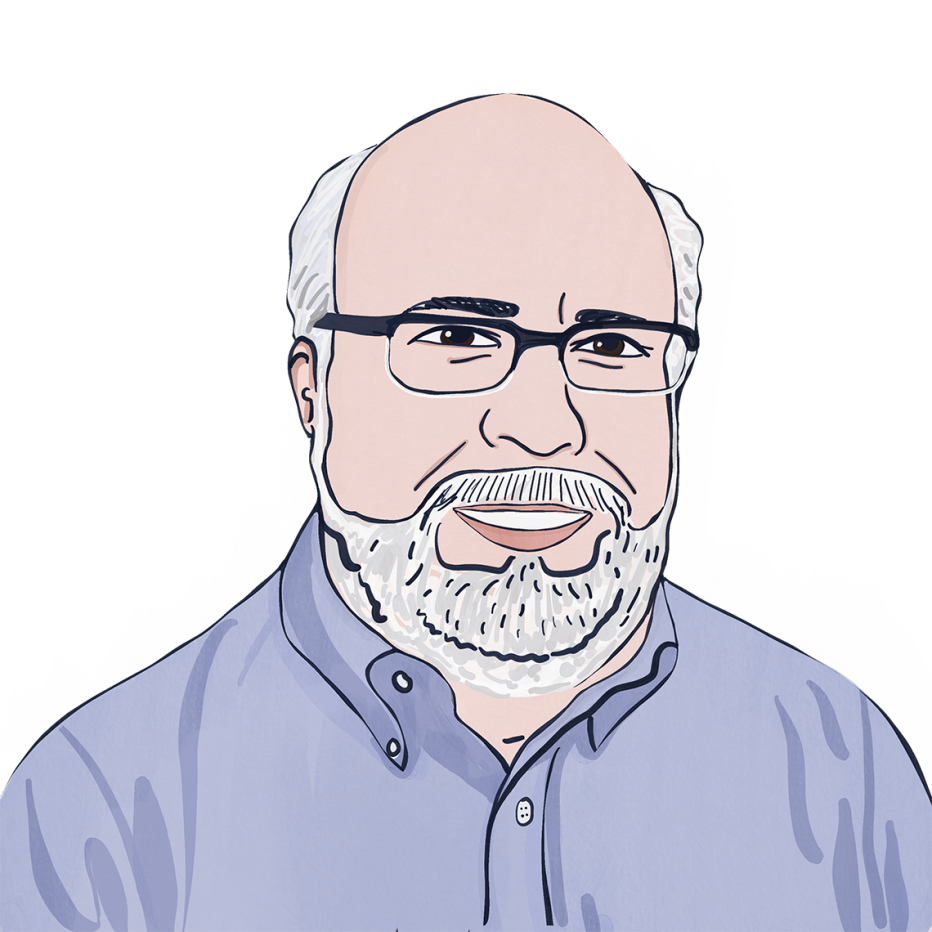
Kenneth S. Stern is director of the Bard Center for the Study of Hate.
We tend to think of antisemitism in the narrow aspect of “What are people saying about Jews?” The larger frame to look at is when anyone in our society is outside the social contract — when there’s an “us” and a “them.” That raises the likelihood that antisemitism will increase.



































































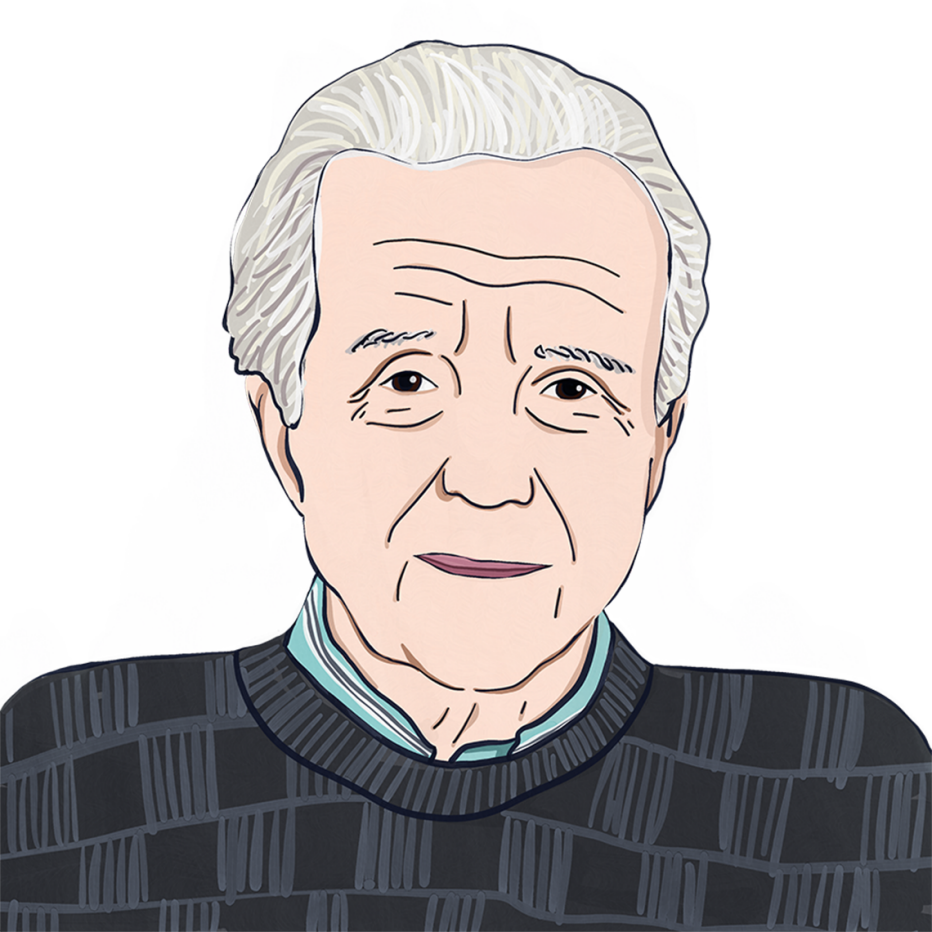
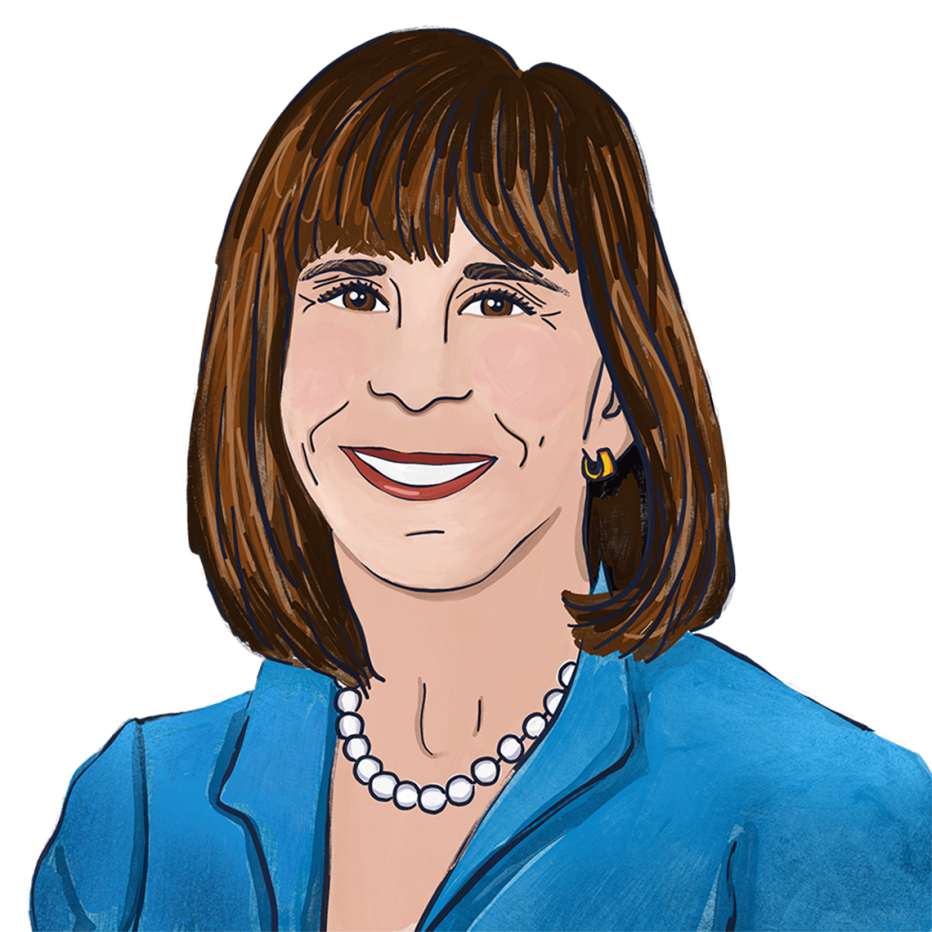
More From AARP
Antisemitism Persists in America Today
Some Americans may have thought this prejudice was fading away, but it has gained momentum once again
Unnatural Causes: The Case of the Texas Serial Elder Murders
Police and others made it easy for a serial killer to continue his spree against older women in the Dallas area
War’s Terrible Toll on Ukraine’s Elders
Older Ukrainians are suffering in unique, terrible ways. This is one family's fight for survival